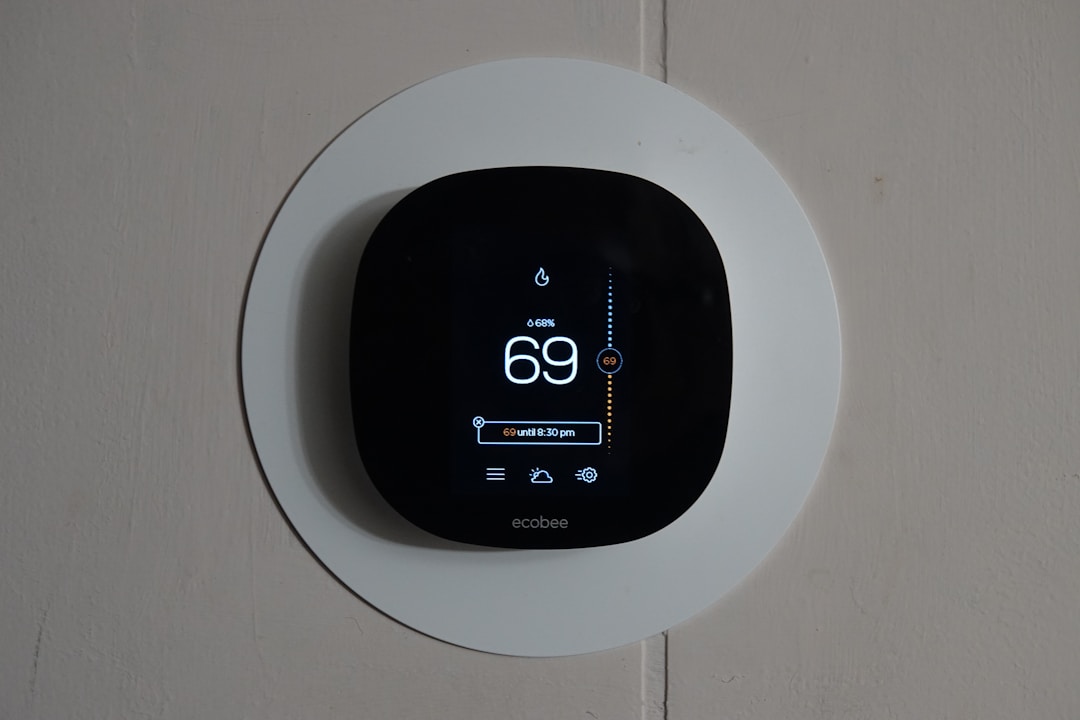Content Attributes
As a homeowner, you have a few options when deciding how you want to heat and cool your home. Different HVAC symptoms have different advantages and disadvantages, and it’s important to do your research before you make your choice. One option many people don’t consider is a geothermal heating system. Though less common than ductless systems or central air, you may be surprised by how many benefits geothermal heat can provide. If you’re interested in learning more, keep reading for three reasons you should buy a geothermal heat pump for your home.
Why should you buy a geothermal heat pump?

There are a number of reasons why a residential geothermal heat pump could be a good idea for heating your home. Since the temperatures underground are more stable and consistent than those in the air, geothermal heat pumps are often far more efficient.
Beyond lowering your utility bills, a geothermal system may increase the value of your home should you choose to sell in the future. For some homeowners, the lack of a visible outdoor unit is also a perk.
Keep in mind that there are a few different types of heat pumps. The most common is a closed-loop system, which circulates refrigerant through a closed loop. Open-loop systems, by contrast, use water from a nearby pond or lake. Placing pipes underwater is cheaper than placing them in the ground, which is one advantage of opting for an open loop.
Horizontal systems are a type of closed-loop system where the pipes lie in horizontal trenches. There are also vertical systems, which require holes that are hundreds of feet deep. This is ideal for those who don’t want to disturb their landscaping, but it can be more expensive.
Whether you opt for geothermal heating or not, preventive maintenance will be essential if you want to protect your system. You might assume that the lack of fuel needed to operate and the long life span of components mean that you don’t need to schedule annual maintenance for your HVAC system.
But every system should be inspected on an annual basis. A technician will check your heat pump, measure electrical components, check the ground-loop pressure, and ensure you have enough antifreeze to facilitate heat transfer.
What else can you do to stay warm at home?

When the temperature starts to drop, it can make a huge difference to have a little more control over your home’s HVAC system. The best way to do that is to install a smart thermostat. Smart thermostats are Wi-Fi-enabled devices, compatible with other types of home automation, that allow you to control the temperature in your home from a mobile phone, smart speaker, or computer.
Some thermostats even use algorithms to ensure that they only use the amount of energy necessary to maintain your preferred temperature. This can help cut down on your energy costs.
Another problem many homeowners run into is warm air escaping through cracks and crevices in windows or window frames. These imperfections don’t just let cool air into your home: They can also let in pests, contaminants, and moisture, which creates several different health and safety risks. You should inspect your windows before every season so you can repair any damage or have the windows replaced if necessary.
There aren’t many home systems that will impact your comfort and quality of life as much as your HVAC. That’s why it’s a good idea to take your time and consider all your options before you make a final decision.
Geothermal systems can be a great way to handle your heating and cooling needs, and some types can even save you money in the long run. You should also think about maximizing the effectiveness of your geothermal system by upgrading to a smart thermostat, which will help you keep your home at your desired temperature without wasting energy.



